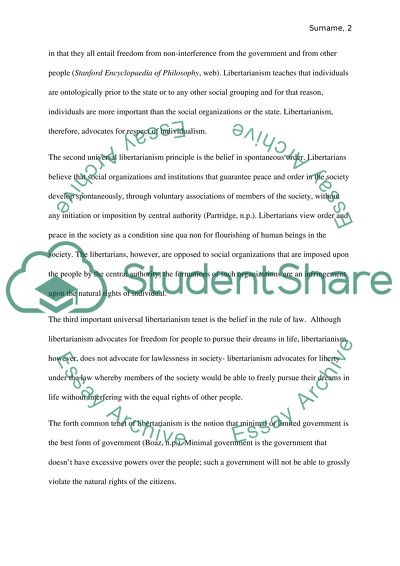Cite this document
(“Explanation and Evaluation of Libertarianism Essay”, n.d.)
Retrieved from https://studentshare.org/philosophy/1672835-explanation-and-evaluation-of-libertarianism
Retrieved from https://studentshare.org/philosophy/1672835-explanation-and-evaluation-of-libertarianism
(Explanation and Evaluation of Libertarianism Essay)
https://studentshare.org/philosophy/1672835-explanation-and-evaluation-of-libertarianism.
https://studentshare.org/philosophy/1672835-explanation-and-evaluation-of-libertarianism.
“Explanation and Evaluation of Libertarianism Essay”, n.d. https://studentshare.org/philosophy/1672835-explanation-and-evaluation-of-libertarianism.


